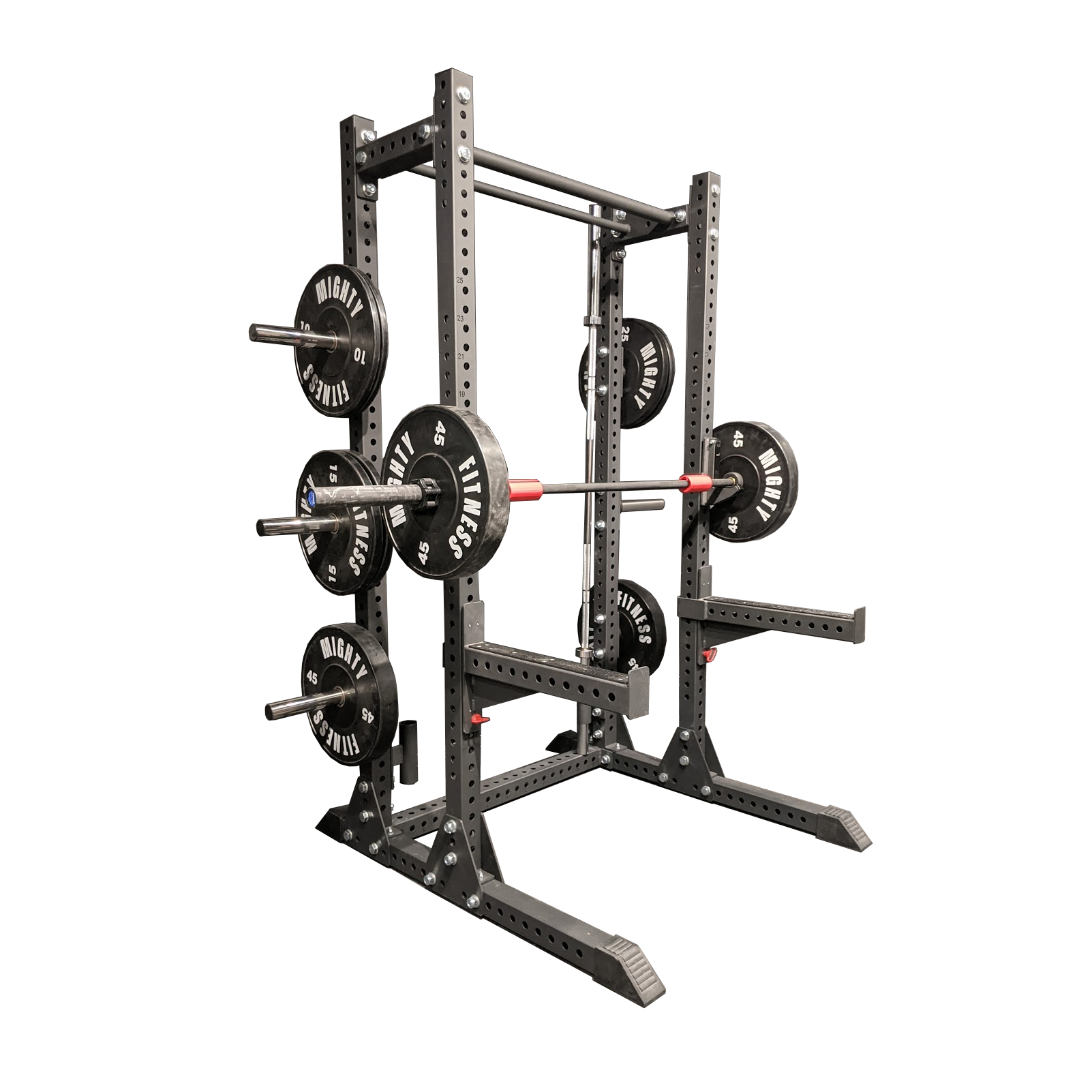Strength Training: Become Stronger and Healthier
Everyone wishes to be healthier, stronger, and more physically active. This may be difficult to achieve at times owing to discomfort, injury, or bad diet. Pain causes your body to produce undesired chemicals that induce tension, making exercise difficult. All of this has an impact on your endocrine system, which governs your hormones and controls nearly everything in your body.
Strength training exercises, fortunately, can successfully relieve your discomfort while also strengthening the damaged parts of your body. Our highly educated physical therapists can tailor a strength training program to your specific needs and goals. They have the necessary knowledge and time to listen, assess, and assist you toward a pain-free, stronger, and better lifestyle.
What is strength training?
Strength training is defined broadly as any physical exercise in which you utilize your own body weight or equipment (e.g dumbbells and resistance bands) to increase muscular growth, strength, and endurance.
One of the most common types of strength training are discussed below:
Hypertrophy of the muscle: This sort of strength training, often known as muscle building, stimulates muscular growth by using moderate-to-heavy weights.
Muscular stamina: This refers to your muscles' ability to workout for an extended amount of time. High reps with small weights or bodyweight are typically used in training to enhance muscular endurance.
Training in circuits: This type of full-body conditioning involves cycling through several workouts with little to no rest in between.
Muscular power at its peak: Low reps (typically 2-6) and big weights are used in this sort of workout to increase general strength. It is best suited for advanced exercisers who have mastered their form.
Explosive force: This workout combines power and speed to boost your power output. It is typically used by trained athletes to improve their capacity to execute explosive actions in their sport.
Benefits of Lifting Weight
Strength training has numerous advantages that might improve your health.
Makes you stronger
Strength training makes you stronger. Gaining strength makes regular tasks like carrying heavy groceries or running around with your kids much easier.
Furthermore, it aids athletic performance in sports requiring speed, power, and strength, and it may even aid endurance athletes by keeping lean muscle mass.
Reduces abdominal fat
Obesity, particularly visceral fat, is linked to an increased risk of chronic diseases such as heart disease, nonalcoholic fatty liver disease, type 2 diabetes, and some types of cancer.
Numerous studies have demonstrated the effectiveness of strength-training activities in lowering abdominal and overall body fat.
Reduces your chances of falling
Lifting weight reduces your chance of falling since it improves your ability to support your body. In fact, one study of 23,407 persons over the age of 60 found that those who engaged in a well-rounded exercise program that included balance exercises, resistance and functional training fell 34% less.
Fortunately, various forms of strength exercise, such as tai chi and weight training, have been proved to be useful.
Enhances cardiac health
Multiple studies have indicated that strength-training exercise on a regular basis can lower blood pressure, lower total and LDL (bad) cholesterol, and enhance blood circulation by strengthening the heart and blood vessels.
Strength exercise can also assist you in maintaining a healthy body weight and controlling your blood sugar levels. High blood sugar levels are a significant risk factor for cardiovascular disease.
Increases mobility and flexibility
Strength training, contrary to popular thought, can improve flexibility. Strength training improves joint range of motion (ROM), resulting in increased mobility and flexibility. Furthermore, people with weaker muscles had lesser ROM and flexibility.
In fact, a recent study comparing stretching and strength training discovered that both were equally efficient at increasing ROM.
Improves living quality
Lifting weight may improve your quality of life, particularly as you get older. Numerous studies have found that strength training improves health-related quality of life, which is defined as a person's subjective physical and mental well-being.
Indeed, a meta-analysis of 16 research involving adults aged 50 and up found a substantial link between resistance training and improved mental health, physical functioning, pain management, general health, and vitality.
Bottom Line
If you haven't tried strength training before, now is the time. It has various health benefits, including a lower chance of heart disease and diabetes, stronger bones, enhanced brain health and mood, and increased self-esteem.
Strength training, thankfully, includes more than just lifting weights at the gym. You may engage in a solid strength-training workout utilizing your own body weight, resistance bands, free weights, or even household items. Strength training is for everyone, whether you're a beginner or a seasoned athlete.


